Navigating the menopause transition can feel overwhelming, but you're not alone on this journey. Many women experience a range of symptoms and emotions during this time, and understanding what to expect can empower you to tackle it head-on. From hot flashes and mood swings to lifestyle adjustments, there's a wealth of knowledge to help you find relief and support. Let's explore the insights and tips that can make this transition smootherâread on to discover more!
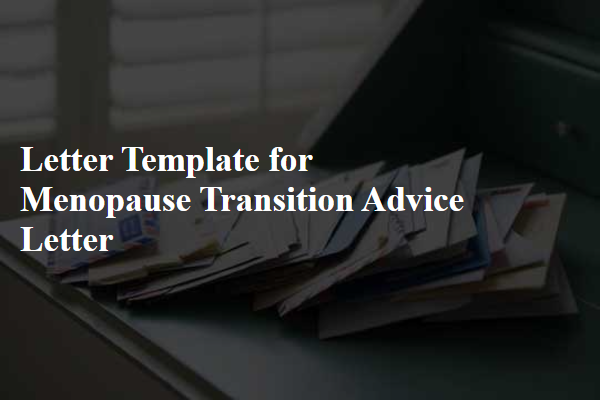
Tone and Language
The menopausal transition, known as perimenopause, often begins in women between 40 and 55 years of age, marking a significant life phase characterized by fluctuating hormone levels, specifically estrogen and progesterone. Common symptoms include hot flashes, night sweats, mood changes, and sleep disturbances, impacting overall quality of life. To manage these changes, lifestyle adjustments such as regular physical activity, balanced nutrition rich in calcium and vitamin D, and stress reduction techniques like yoga or meditation are recommended. Hormone replacement therapy (HRT) can also be considered, though individual risks should be discussed with healthcare professionals. Women may benefit from connecting with support groups or educational resources focused on menopause to share experiences and coping strategies.
Key Symptoms and Description
Menopause is a natural biological process characterized by the cessation of menstruation typically occurring in women around the age of 51. Key symptoms include hot flashes, which can involve sudden feelings of heat that may lead to sweating and discomfort, affecting daily activities. Night sweats, often disrupting sleep patterns, similarly create challenges for women during this transition. Additional symptoms may encompass mood swings, where hormonal fluctuations contribute to irritability or anxiety, often leading to emotional instability. Vaginal dryness, resulting from decreased estrogen levels, can cause discomfort during intimacy, impacting relationships. Cognitive changes, such as memory lapses or difficulty concentrating, can also emerge, commonly referred to as "brain fog." Understanding these symptoms is essential to navigating this significant life transition effectively, enabling women to seek appropriate medical resources and support strategies for symptom management.
Lifestyle and Dietary Recommendations
Menopause, a natural biological process typically occurring between the ages of 45 and 55, can bring various symptoms impacting quality of life. Hormonal fluctuations, especially a decline in estrogen levels, can lead to hot flashes (sudden feelings of warmth), night sweats (excessive sweating during sleep), and mood swings. Lifestyle modifications are key to easing these symptoms. Regular physical activity, such as cardio exercises for at least 150 minutes per week, can significantly improve mood and energy levels. Incorporating calcium-rich foods like dairy products and leafy greens can bolster bone health, which may decline during menopause. Additionally, managing stress through mindfulness practices, such as yoga or meditation, can enhance overall well-being. A balanced diet rich in fruits, vegetables, whole grains, and healthy fats is crucial, focusing on phytoestrogens (plant-derived compounds resembling estrogen) found in soy products and flaxseeds. Staying hydrated and reducing caffeine intake can alleviate anxiety and improve sleep quality.
Medical Treatment Options
Menopause transition, typically occurring between ages 45 and 55, presents various symptoms such as hot flashes, mood swings, and sleep disturbances. Hormone Replacement Therapy (HRT) is a common medical treatment option, involving estrogen and progesterone to alleviate these symptoms, particularly in women with significant discomfort. Non-hormonal options like selective serotonin reuptake inhibitors (SSRIs), such as fluoxetine, offer alternatives for those who might avoid HRT due to health concerns. Lifestyle modifications, including regular exercise, a balanced diet rich in calcium and vitamin D, and stress management techniques, can further ease the transition. Regular consultations with healthcare providers are essential for personalized treatment plans.
Emotional and Support Resources
Menopause transition can significantly impact emotional well-being, presenting challenges such as mood swings and anxiety. Support resources like the North American Menopause Society offer invaluable information and community for women experiencing these changes. Professional counseling services, such as those available through local mental health clinics, can assist in managing emotional stressors. Peer support groups provide a platform for sharing experiences and coping strategies, fostering a sense of community. Educational workshops often conducted by healthcare providers focus on coping mechanisms and lifestyle adjustments, empowering women during this transitional phase. Online resources, including mental health apps, can also provide immediate strategies for managing anxiety and depression associated with menopause.

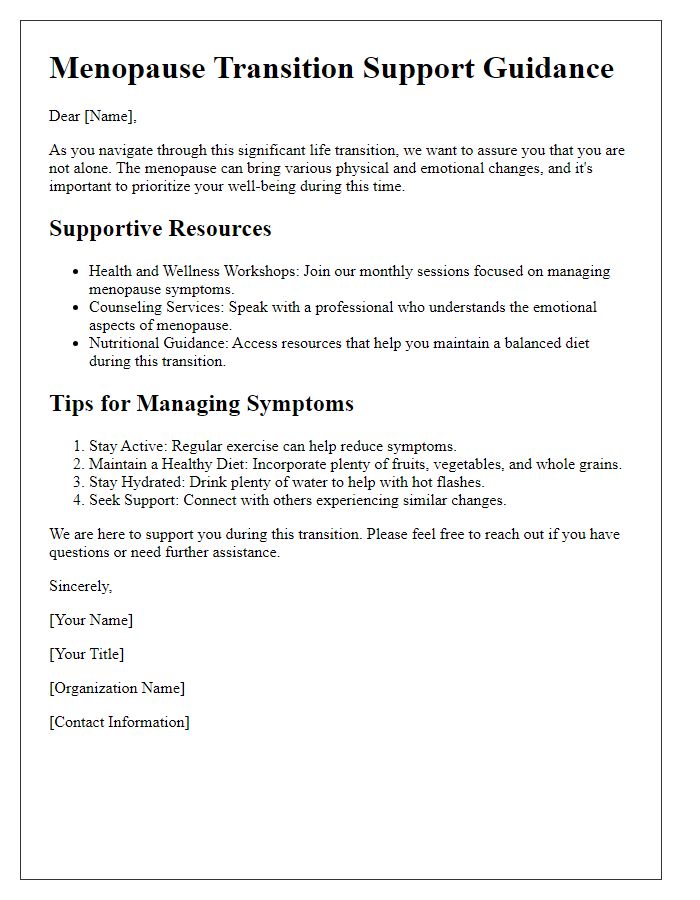
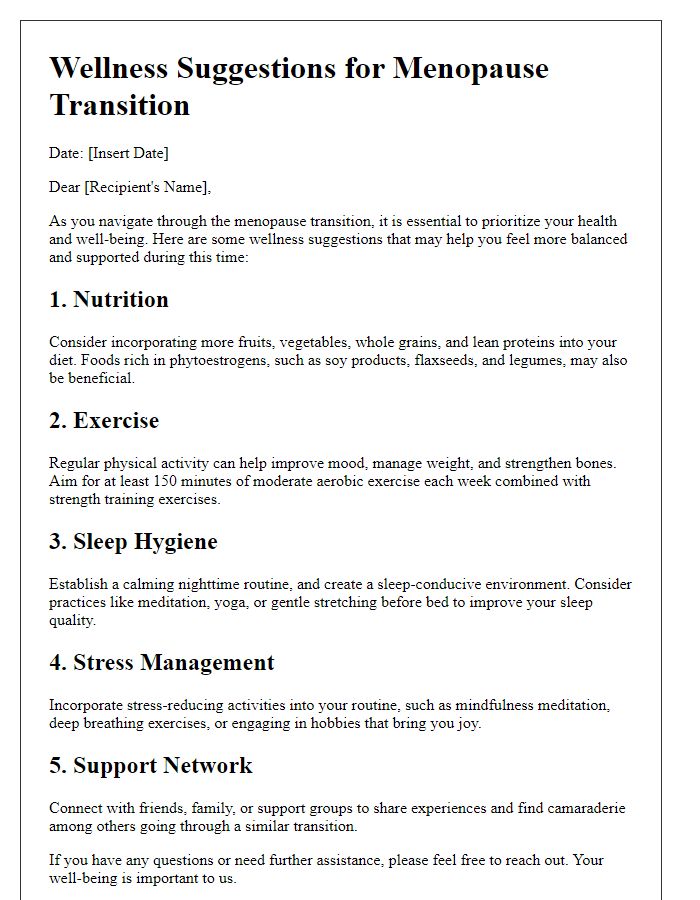
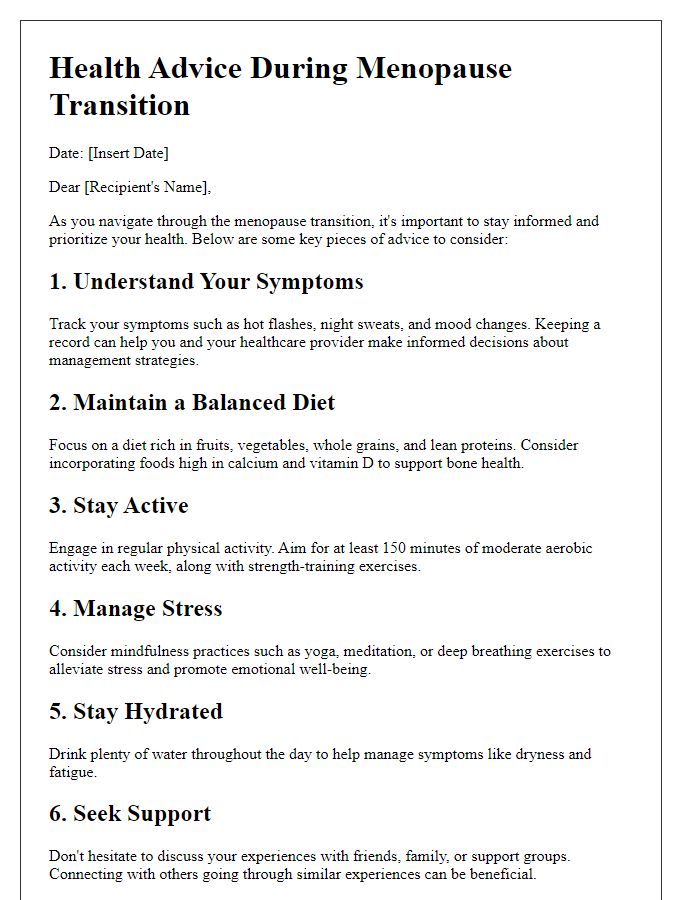
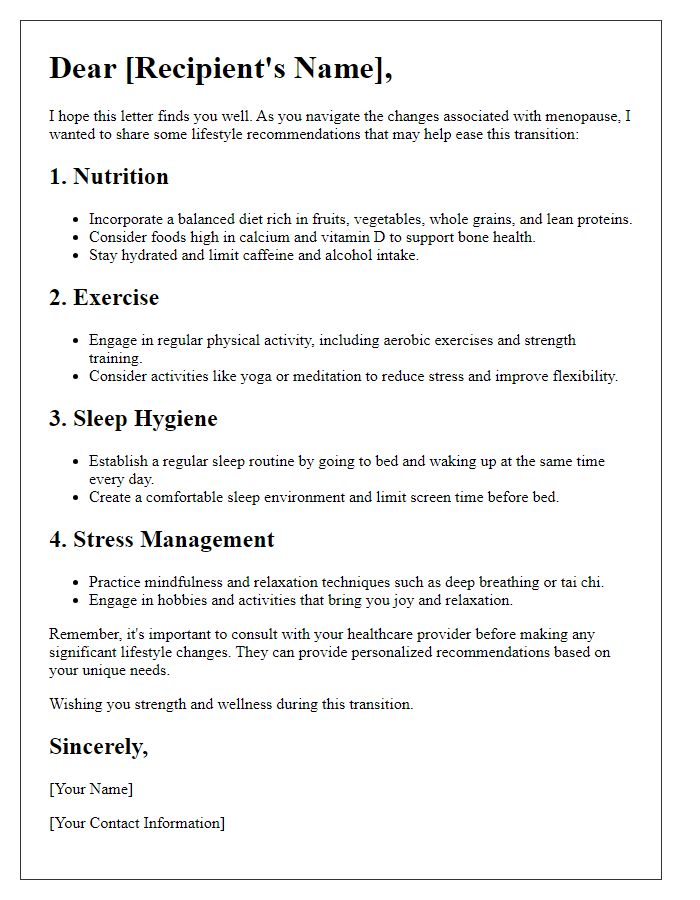
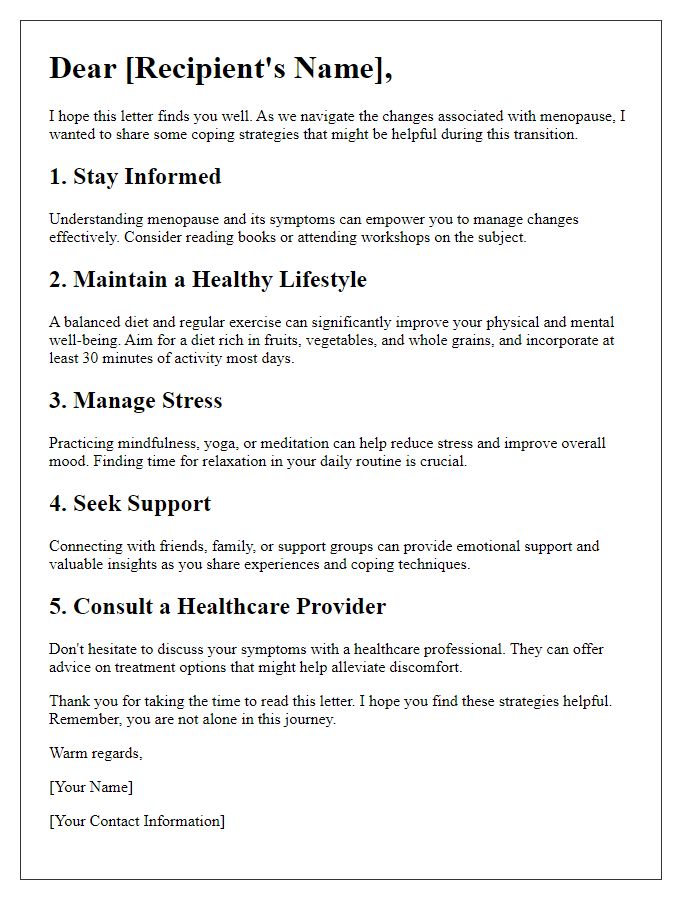
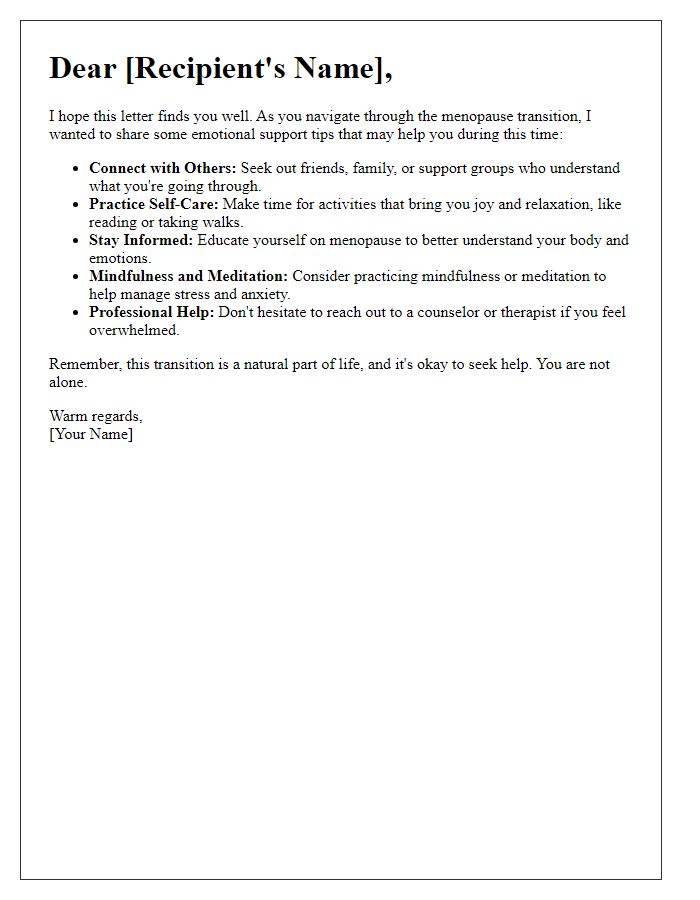
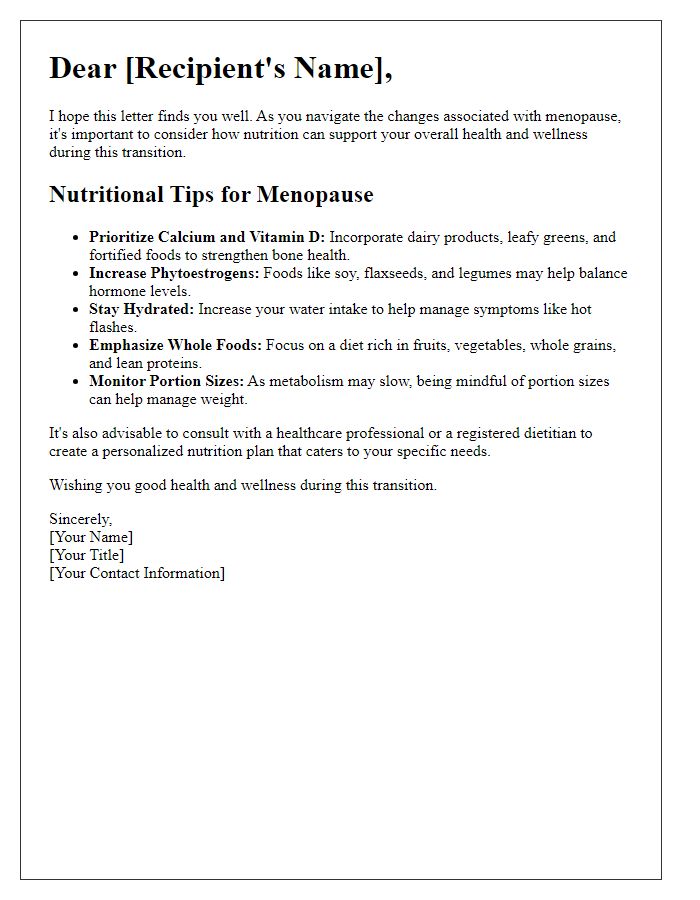
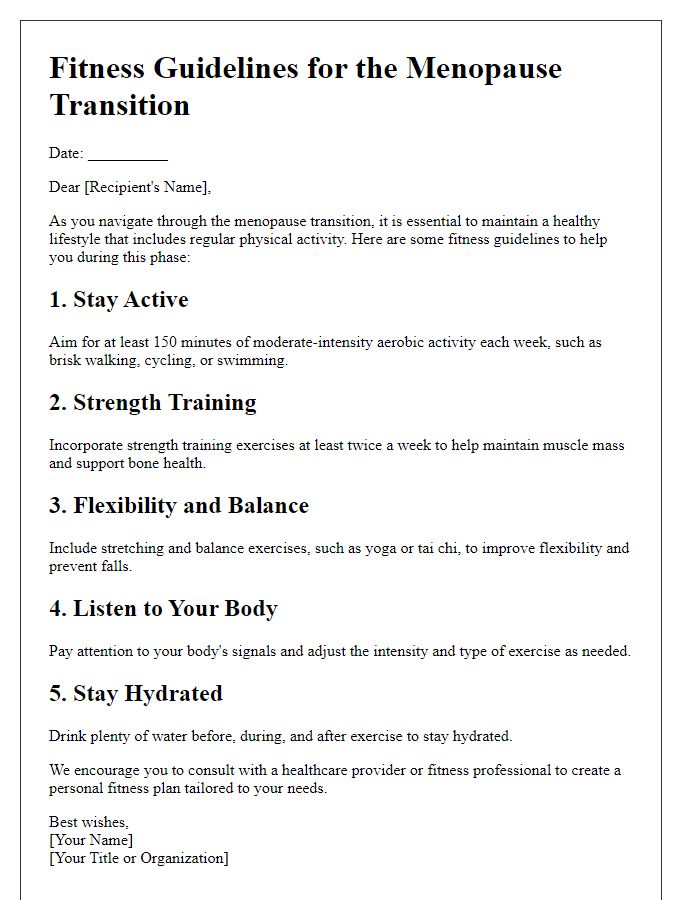
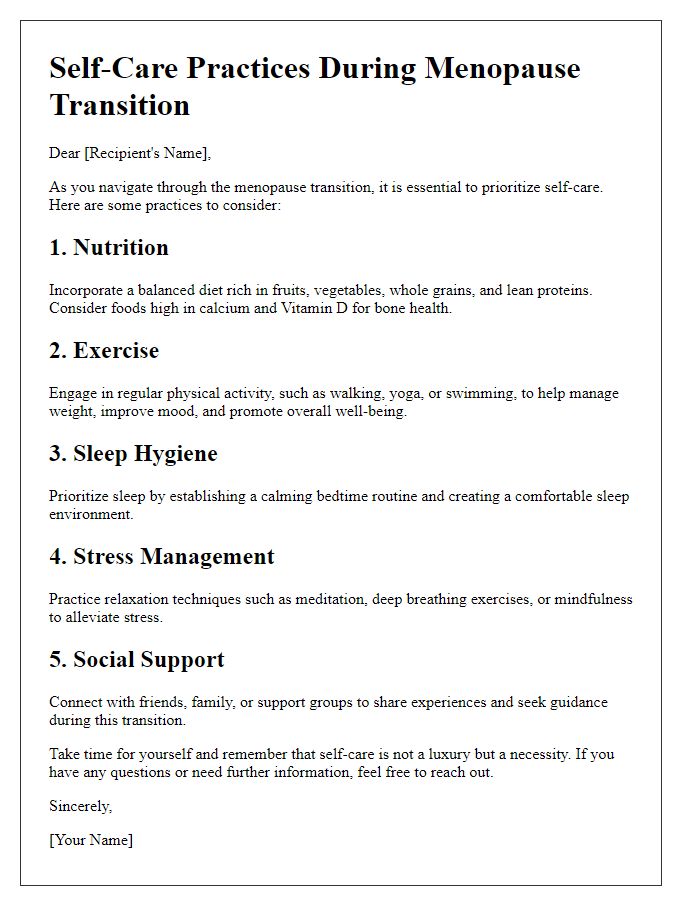
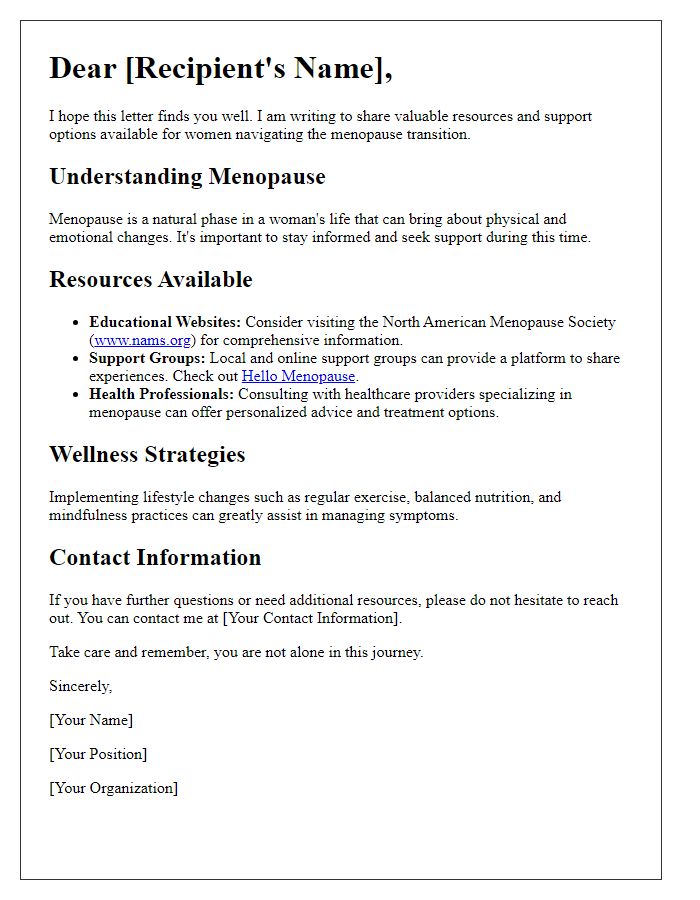

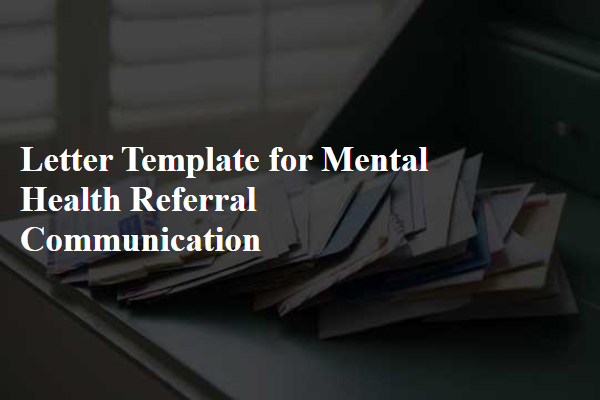
Comments